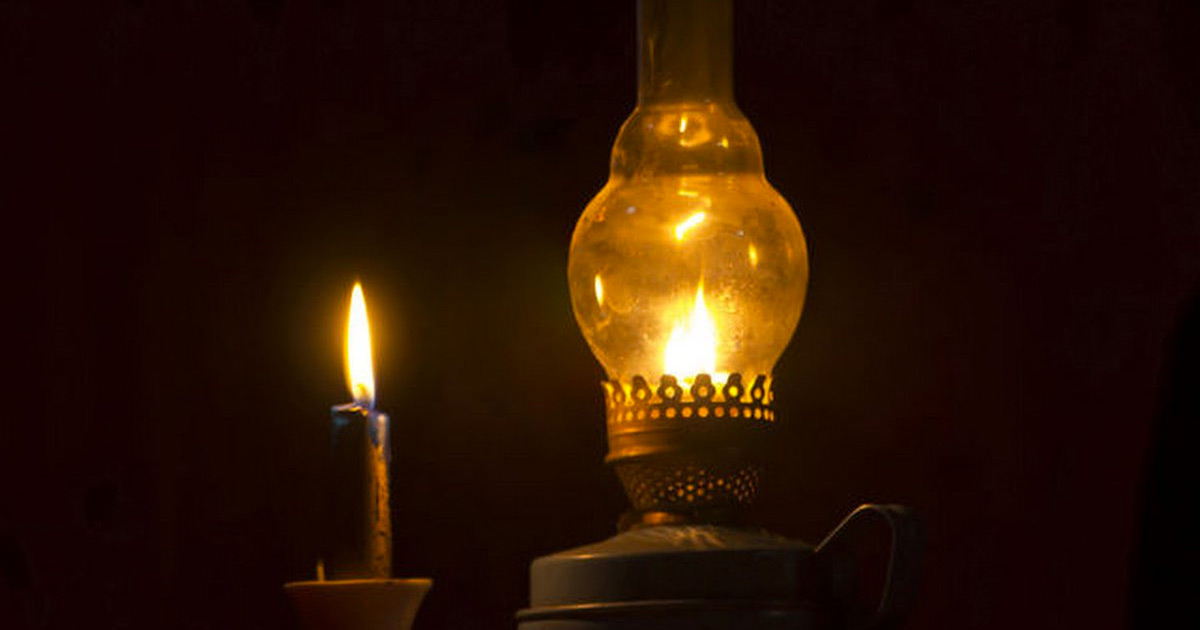
South Africans Furious As Eskom Implements More Loadshedding for DAYS
As Eskom announced its plan this morning to implement Stage 2 loadshedding for the next few days – from noon today, Thursday 14 January, until 23h00 on Sunday (17 Jan), a collective ‘ARGH’ could almost be heard around the country from a nation of usually good-humoured, mainly optimistic folk, who are simply fatigued with Covid […]

As Eskom announced its plan this morning to implement Stage 2 loadshedding for the next few days – from noon today, Thursday 14 January, until 23h00 on Sunday (17 Jan), a collective ‘ARGH’ could almost be heard around the country from a nation of usually good-humoured, mainly optimistic folk, who are simply fatigued with Covid regulations and power cut disappointments. (Although many Capetonians were gifted with a message from the City of Cape Town (CoCT) that their loadshedding today won’t be as bad as the rest of the country’s.)
Much of the anger on social media has been directed at the governing ANC party for the power utility’s failures.
Former DA leader Mmusi Maimane asked: “Do we in fact have a government? As per indicators, we have poor education, failing economy, poor healthcare and now loadshedding since 2008. We need change!”
Ramaphosa’s broken Eskom promise
Current Democratic Alliance (DA) leader John Steenhuisen reminded South Africans about President Cyril Ramaphosa’s prediction back in 2015:
“In another 18 months to two years, you will forget the challenges that we had – with relation to power and energy and Eskom – ever happened.” – Ramaphosa, Sep 2015
That was on 2 September 2015, over five years ago. South Africans have still not had a chance to forget.
In fact loadshedding is so becoming the norm again, it’s seeping into SA culture, with columnist Gareth van Onselen summing up the experience for many South Africans in Gauteng with this tweet:
“Much like the obnoxious noise of a Hadeda at 4am or the cool beating of an afternoon thunderstorm on a hot tin roof, few noises better remind you that you are on the highveld, than the distinctive buzz of your neighbour’s generator kicking in, as load-shedding commences.”
Eskom said the loadshedding is necessary “due to loss of generation capacity overnight. Loadshedding is also required to manage the use of the emergency reserves, which will help us contain the stage of loadshedding required.”
Cape Town residents will experience Stage 1 instead of Stage 2 today
Fortunately for some Capetonians it may not be so bad. While the rest of South Africa suffers through Stage 2, the City of Cape Town tweeted that: “City-supplied customers will be on Stage 1 load-shedding from 12:00 until 00:00 tonight, 14 January. The City is able to protect its customers from one stage of load-shedding. Eskom-supplied customers will be on Stage 2 from 12:00.” The City said it will update when it knows whether Cape Town customers may also experience the lighter Stage 1 over the following days.
The loadshedding could get worse…
Eskom warned that “the system remains vulnerable and unpredictable, should any further breakdowns occur, the stage of loadshedding may change at short notice.”
The power utility said two generation units at the Kusile Power Station tripped due to the failure of the main coal feed conveyor belts supplying coal to the units. “In addition, a unit each at the Kriel and Duvha tripped due to unforeseen breakdowns,” said Eskom in a statement. “We presently have four generation units whose return to service from planned maintenance has been delayed.”
Cape Talk radio station said “Eskom is unable to produce enough of its expensive electricity to meet even the weak demand of an economy suffering its deepest recession ever” and added that the Council for Scientific and Industrial Research (CSIR) says “this year is probably going to be the worst year for load shedding since it started in 2007”.
Litigation attorney Sharné Zoë observed:
“So the country is really experiencing Covid 2nd wave, very high unemployment, economic crisis, lockdown and LOADSHEDDING all at the same time? Remember when we thought being downgraded to junk status was bad?”
Eskom says it currently has 5 358MW on planned maintenance, while another 14 748MW of capacity is unavailable due to “unplanned maintenance, breakdowns and the outage delays” mentioned above. Eskom personnel are again working tirelessly to return as much of this capacity to service as soon as possible.
